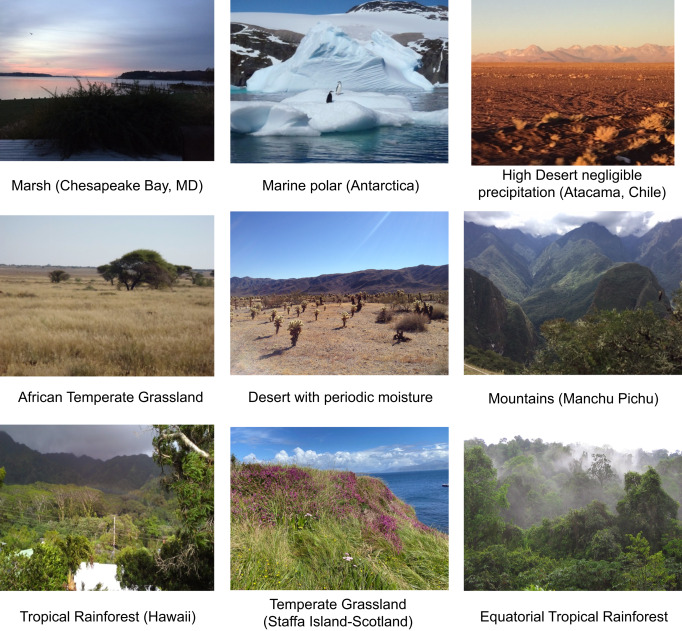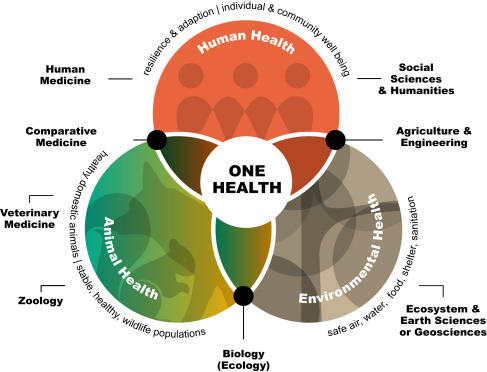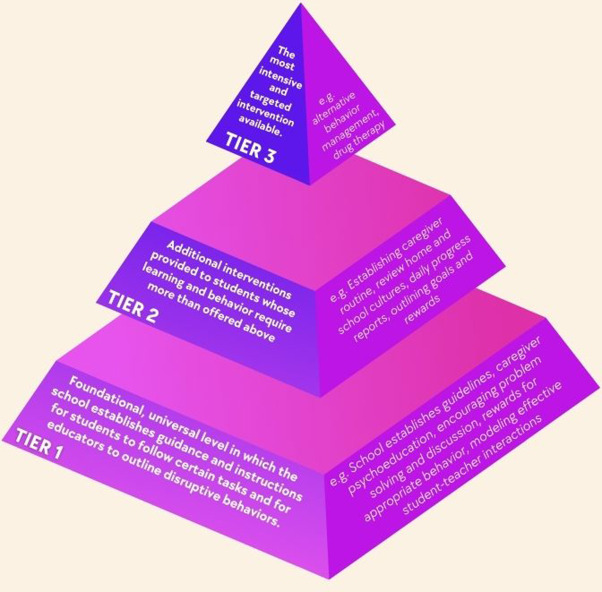Overcoming Obstacles in Drug Discovery and Development, Surmounting the Insurmountable—Case Studies for Critical Thinking 2023
Principles of Gender-Specific Medicine (Fourth Edition)
Sex and Gender-Specific Biology in the Postgenomic Era
2023, Pages 409-429
Translational Surgery
Handbook for Designing and Conducting Clinical and Translational Research
2023, Pages 591-597
The Thinking Healthcare System
Artificial Intelligence and Human Equity
2023, Pages 99-129
Clinical Decision Support and Beyond (Third Edition)
Progress and Opportunities in Knowledge-Enhanced Health and Healthcare
2023, Pages 707-714
Emerging Practices in Telehealth
Best Practices in a Rapidly Changing Field
2023, Pages 163-182



